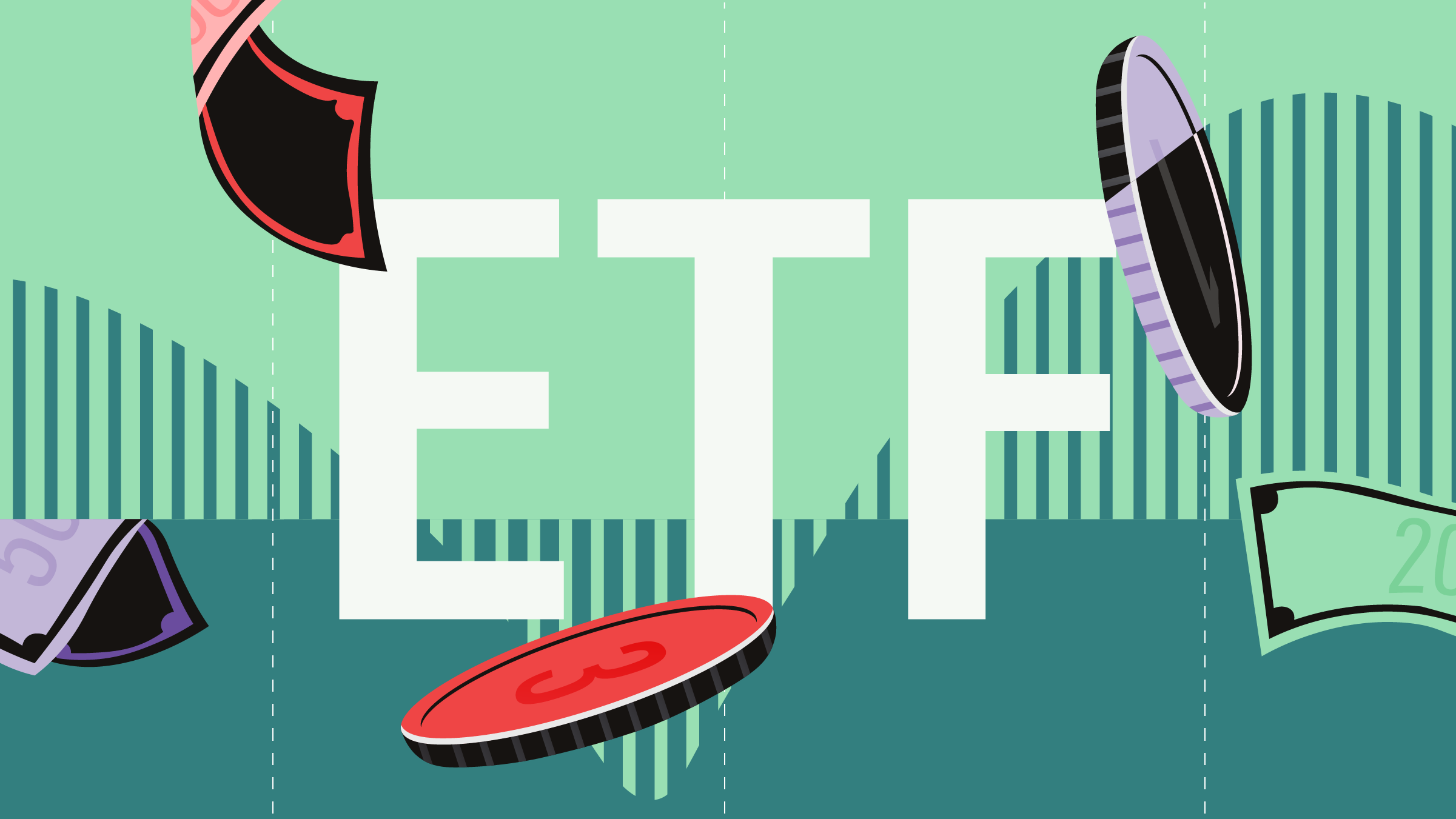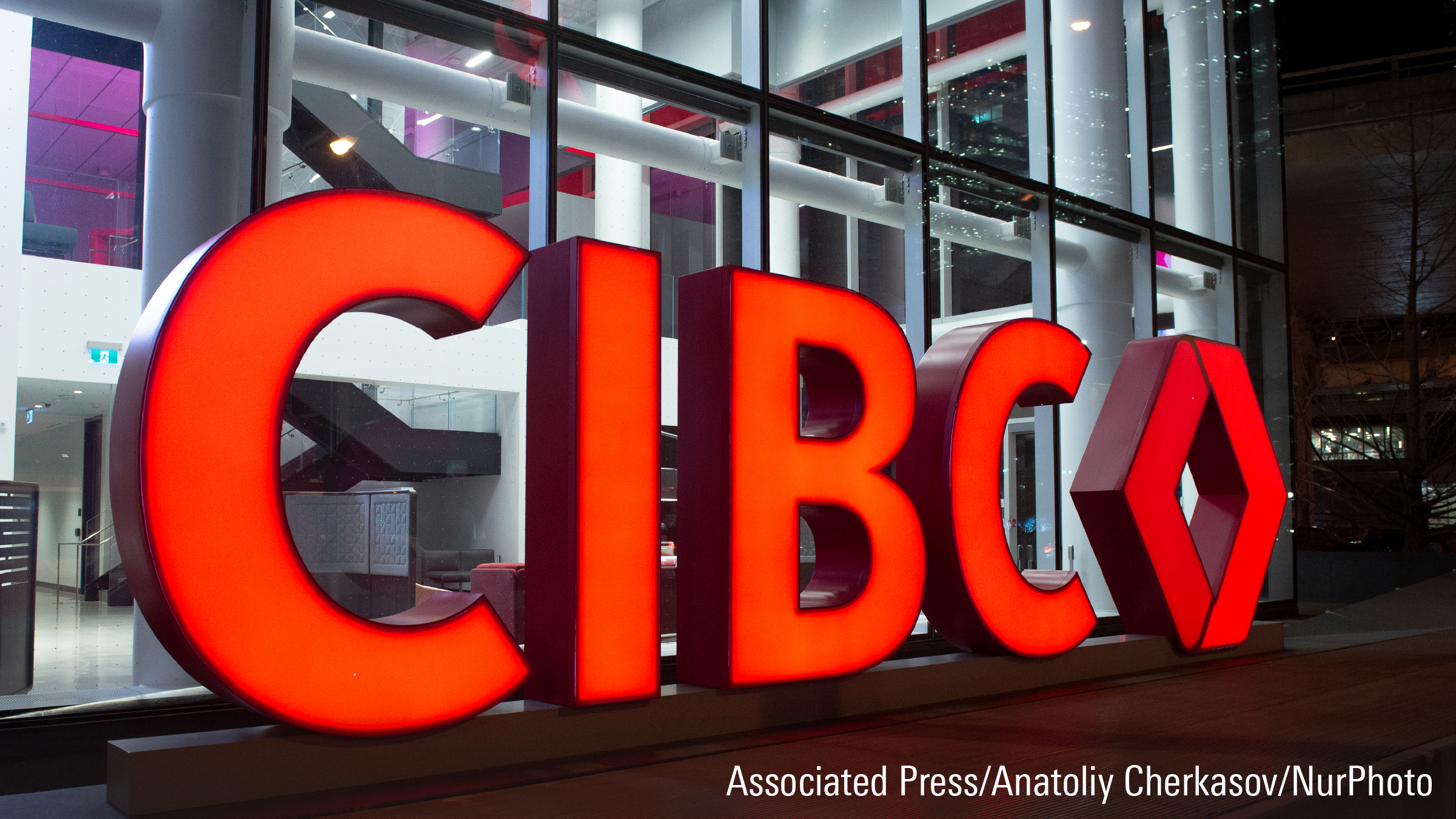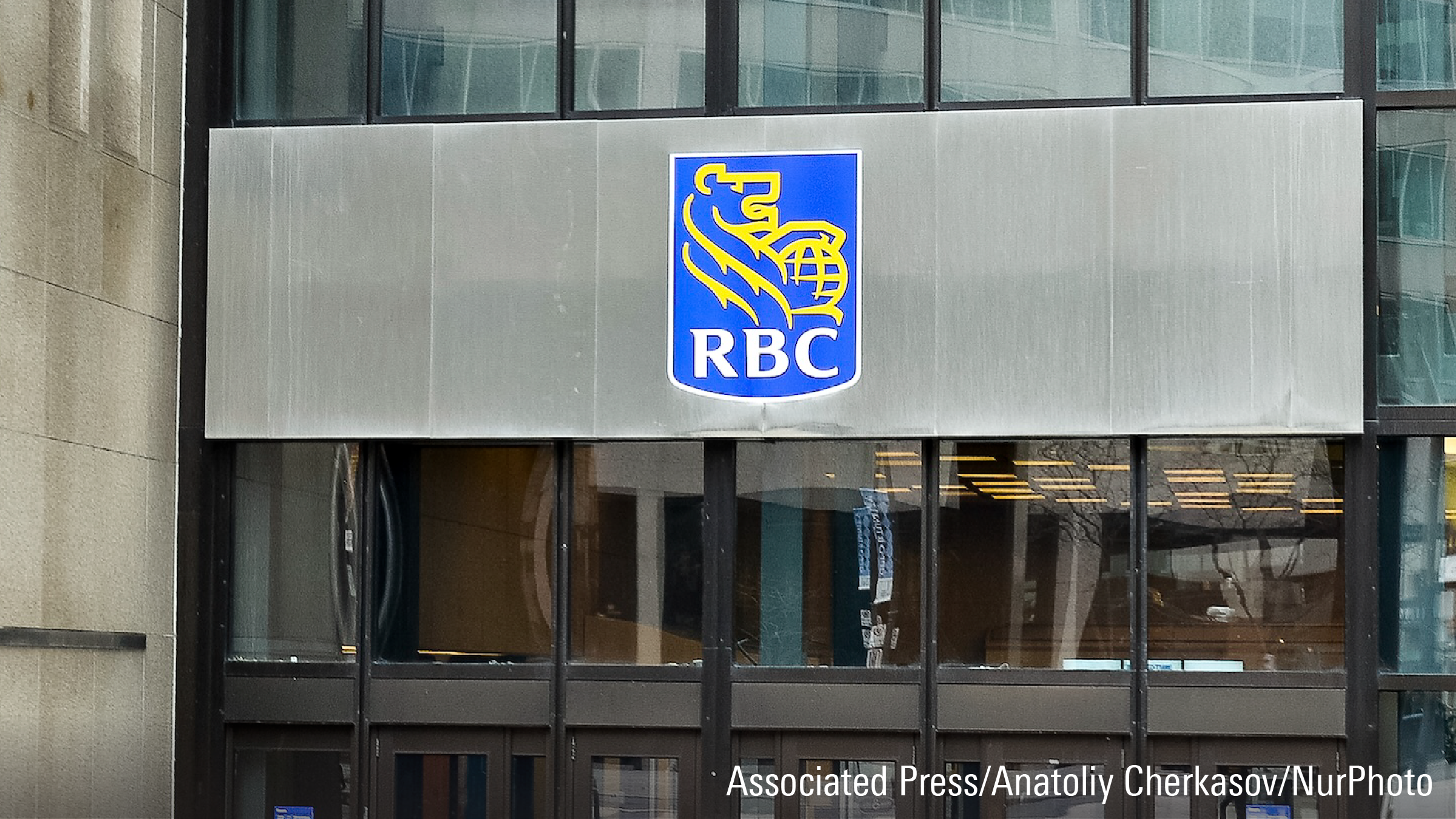Christian Charest: For Morningstar, I'm Christian Charest. In August, the Horizons family of ETFs launched two portfolios of ETFs, one conservative portfolio with the 50%-50% equity-fixed income split, and a balanced portfolio that allocates 70% to equities. Both use Horizons index funds as their underlying holdings, and I'm here today with Mark Noble, Senior Vice President of ETF Strategy at Horizons, to get a few more details about the funds.
Mark, thank you for joining us.
Mark Noble: Great to be here, Christian.
Charest: So, to start, can you give us a brief description of the new funds, what they invest in, what type of investors they are for?
Noble: Yeah. These are, what we call, balanced ETFs. Now, for our friends and everyone who invest in mutual funds, obviously, the idea of balanced products is nothing new, but it actually is for the ETF business. The ETF business really has not had a lot of portfolio solutions available. It's only the last two or three years where we've started to see this come together. And it's a result of the huge influx of ETFs we have. And so, a similar issue exists that has existed with mutual funds issued 15 years ago is that I've got all these solutions to pick from, how do I put them together. For us, as financial and investment professionals we kind of understand this Canadian equity fits here and this American equity fits here. But for the end investors there's a lot of questions about how do I put them together. So, very simply, this is Horizons ETFs' first approach at launching some ETF solutions where it's an ETF-of-ETFs designed to be a core portfolio holding that provides these very baseline important asset allocations: one with 50%-50% -- 50% equities, 50% fixed income -- for conservative investors, and one with 70% stocks or equities and 30% for more balanced mandate.
Charest: Now, on the surface, this isn't exactly earth-shattering news.
Noble: No, it certainly isn't.
Charest: iShares and Vanguard already offer similar portfolios. But there are two things about the Horizons portfolios that are unique. First of all, can you explain to us how the index funds that make up the portfolios are different from the index funds that are offered by these other companies?
Noble: Certainly. The fastest-growing part of our business has been our index ETF business. And the index ETF business comes from what we call our "total return index" ETF strategies, which are index strategies that follow the very widely followed indices such as the S&P/TSX 60, S&P 500, large Canadian investment-grade bonds. But the big difference with our strategies and what exists through our competitors is that we use a synthetic structure where we don't actually hold the underlying securities in those indexes. Instead, we enter into an agreement with large financial institutions where they are going to give us the total return -- that's the price return plus the dividend return -- of the underlying holdings of the indices. And by doing that, there's no distributions paid out. And so, therefore, there's no taxable distributions and no tax required to be paid on any dividend or income distributions. So, on an after-tax basis, we find time and time again that these strategies end up being very beneficial, particularly for taxable accounts, because you are not having all those additional taxations on them.
Charest: Another difference is that your competitors that offer similar portfolios typically charge a flat fee that's higher than the weighted average of their underlying components, presumably as a charge for their rebalancing services. But the Horizons funds don't charge such a fee.
Noble: Yeah. When we looked at launching these ETFs, our view at Horizons is that beta should be free. Now, it can't be free, but we want to get it as close to free as possible. And so, when we build an index strategy, whether it's a portfolio of index ETFs or one of the single-index ETFs, we wanted to have as low a cost, total cost, possible. And cost is a function of three things. There's the management fees, there's the tracking error -- the difference between the index and the ETF returns -- and there's taxes. We didn't want to charge a top-line management fee on these portfolios because we wanted to have the ability to have these underlying TRI ETFs, which are structured synthetically and therefore, adding additional management-fee cost probably would have increased the cost.
So, when we compare the ETF cost of our products to what's already out there with our competitors, when you factor in the underlying cost of the ETFs, it tends to be in and around the range of what the other balanced ETFs are. However, what you do see is that from a management reporting perspective, our management fee is zero, and we actually are making no money on the top-line, and there is no charge for the operating expenses or anything else to run these portfolios. But what we've done, as you mentioned, a little bit different is, most other providers rebate the underlying and charge a top-line fee. In this case, we are not rebating the underlying, but we are charging nothing on top. But we still think that on an all-in basis we come in at around or over what our competitors are, and we would argue on an after-tax basis, we come out quite a bit ahead.
Charest: The TRI, we didn't mention it earlier, but your TRI index funds do come with very, very low fees.
Noble: Yeah, exactly. So, like, I mean, for HXT, for example, it's a 0.03% underlying management fee. So, that's the lowest cost investment fund in Canada. And then, we have U.S. equities at 10 basis points and we have fixed income at 9 basis points. So, from the fee that we are earning on this is very, very low, I just want to highlight is obviously ETFs aren't free, but we do think from a low cost perspective, I would put this in the ultra-low cost range.
Charest: Mark, always a pleasure having you with us.
Noble: Great to be here, Christian.
Charest: For Morningstar, I'm Christian Charest. Thank you for watching.


















